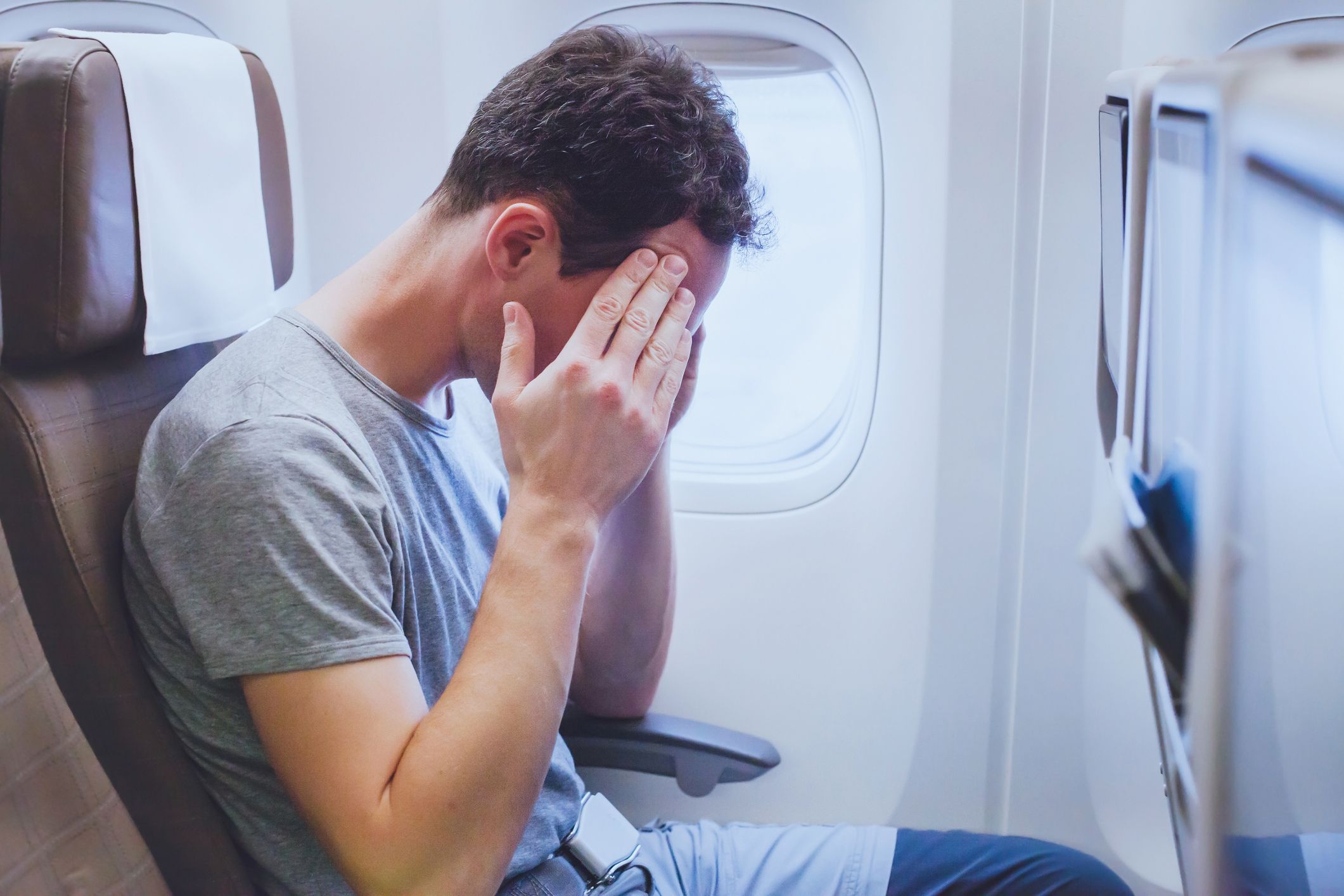
Image Source: Google
For many people, the thought of boarding an airplane can trigger feelings of anxiety and fear. The fear of flying, also known as aviophobia, affects a significant number of individuals, making air travel a stressful experience. However, there are strategies that anxious travelers can employ to overcome their fear and make flying a more comfortable and manageable experience. To get more information about fear of flying, you may browse this website.
In this article, we will explore five effective strategies for overcoming the fear of flying.
Understanding the Fear of Flying
Before delving into strategies for overcoming the fear of flying, it is important to understand the root causes of this common anxiety. The fear of flying can stem from a variety of factors, including:
- Previous negative flying experiences
- Fear of heights or enclosed spaces
- Lack of control
- Fear of crashing or turbulence
Common Symptoms of Fear of Flying
Individuals who experience a fear of flying may exhibit a range of symptoms, including:
- Increased heart rate
- Sweating
- Nausea
- Shortness of breath
- Panic attacks
Strategies for Anxious Travelers
1. Educate Yourself About Flying
One of the most effective ways to overcome the fear of flying is to educate yourself about the safety of air travel. Understanding how planes work, the rigorous safety protocols in place, and the low likelihood of accidents can help alleviate anxiety. Consider taking a course or reading materials about aviation safety to increase your knowledge and dispel myths about flying.
2. Practice Relaxation Techniques
Learning relaxation techniques can be a valuable tool for anxious travelers. Techniques such as deep breathing, meditation, and progressive muscle relaxation can help calm your mind and body before and during a flight. Consider practicing these techniques regularly to build your confidence and reduce anxiety when flying.
3. Seek Professional Help
If your fear of flying is severe and significantly impacts your ability to travel, consider seeking professional help. Cognitive-behavioral therapy (CBT) and exposure therapy are effective treatments for phobias, including the fear of flying. A mental health professional can work with you to address your specific fears and develop coping strategies to manage anxiety while flying.
4. Use Distraction Techniques
Engaging in activities that distract your mind during a flight can help reduce anxiety and fear. Consider bringing along a book, listening to music, watching a movie, or playing games on your electronic device to keep your mind occupied. Focusing on something other than the flight can help shift your attention away from fear-inducing thoughts.
5. Gradual Exposure to Flying
Gradual exposure to flying can help desensitize you to the fear of air travel. Start by taking short flights or visiting airports to acclimate yourself to the environment. As you become more comfortable, gradually increase the duration and distance of your flights. Exposure to flying in a controlled and systematic manner can help reduce anxiety over time.
Conclusion
Overcoming the fear of flying is a journey that requires patience, persistence, and the willingness to confront your fears. By understanding the root causes of your anxiety, practicing relaxation techniques, seeking professional help if needed, using distraction techniques, and gradually exposing yourself to flying, you can learn to manage and overcome your fear of air travel. Remember that you are not alone in experiencing aviophobia, and there are resources and strategies available to help you navigate the skies with confidence and ease.